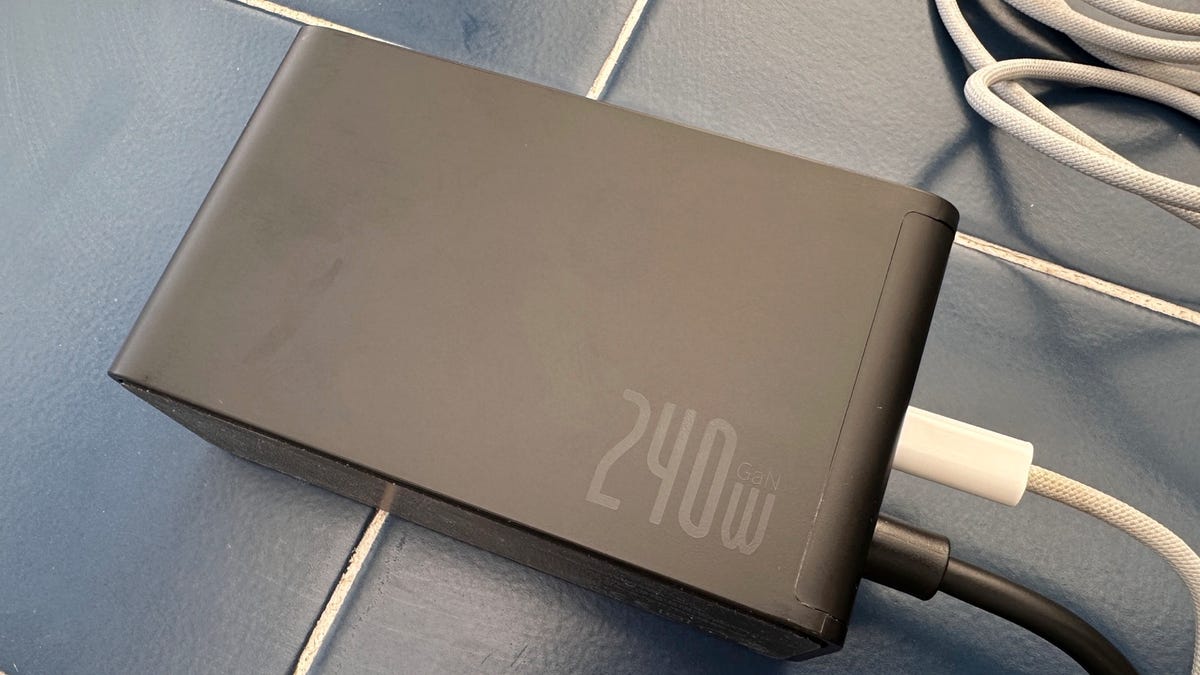BOOK THIS SPACE FOR AD
ARTICLE AD
Modern smartphones are incredibly powerful tools, and no matter what you think of them -- whether they're useful tools or those darn kids are spending too much time on them -- they can be absolutely invaluable in an emergency. They can be out modern day medical alert bracelet, and some can even leverage satellites hundreds of miles up to keep us connected when disaster strikes.
Emergency Contacts
Smartphones are one of those things that we have with us pretty much all the time, and it's no surprise that they've taken on the role of the medical alert bracelet. They're a great place to store medical information and emergency contact information that's easily accessible if it's ever needed.
This information is available from the lock screen without having to unlock the smartphone, making it useful for emergency service personnel who might be attending the scene of an emergency.
But don't worry, you get to choose the information that is made available.
Also: 5 hurricane-tracking apps I'm using to keep an eye on Hurricane Milton
In addition to an emergency contact, you might want to make the following available in an emergency:
Blood typeAllergies and reactionsMedical conditionsAny medication you are takingIt's a good idea to check and update all this information regularly. Contacts change, as do our medical issues. Keeping this updated not only means that loved ones and friends are kept in the loop if the worst happens but also that any emergency services or medical personnel that need to treat you have as much information about you as possible.
But how you add this information varies depending on whether you're using an iPhone or Android smartphone.
iPhone emergency contacts
If you make an Emergency SOS call on the iPhone -- you can initiate this by pressing and holding the side button and one of the volume buttons, when that call is ended, the iPhone will send a text message to your emergency contact (unless you choose to cancel this).
This text message contains your current location, and your emergency contacts will get updates if your location changes.
Here's how to add or delete emergency contacts:
Tap the Health app, and then tap your profile pictureTap Medical IDTap Edit, then scroll to Emergency Contacts (here, you can also add blood type, allergies or medications, etc)Tap the Add or Delete buttonAndroid emergency contacts
If you're running Android 12 or later, using the Emergency SOS feature -- which can be initiated by pressing the power button five times -- can call the emergency services, send location information, and even start recording video (which can also be shared with your emergency contacts).
Here's how to add or delete an emergency contact:
Tap the Settings appSearch for Medical Information (this is the quickest way to access this screen on Android)Tap Emergency contactsTap the Add contact or swipe on an existing contact to deleteSatellite messaging
Another powerful tool that some smartphones can make use of is satellite messaging. This becomes particularly useful when there's some sort of incident or disaster, and the cellular network or Wi-Fi is down.
Setting up iPhone satellite messaging
Built into the iPhone 14 or later running iOS 18 is the ability to use Emergency SOS via satellite to text emergency services or your contacts in the event of a cell and Wi-Fi outage.
No setup is required, the only thing to bear in mind is that it only works with iMessage and no other messaging apps.
Want to try a demo? Tap Settings > Emergency SOS and scroll down to Try Demo and follow the demo instructions.
Setting up Android satellite messaging
Satellite messaging is now here for Android users, but only those using the latest Pixel 9 hardware -- the Pixel 9, Pixel 9 Pro, Pixel 9 Pro XL, and Pixel 9 Pro Fold.
Note that this can only be used to communicate with the emergency services if using 911 fails (this is currently only availabe in the US (excluding Hawaii and Alaska).
Want to try a demo? Tap on Settings > Safety & emergency > Satellite SOS and follow the demo instructions.
.png)
 1 month ago
43
1 month ago
43 














 Bengali (Bangladesh) ·
Bengali (Bangladesh) ·  English (United States) ·
English (United States) ·